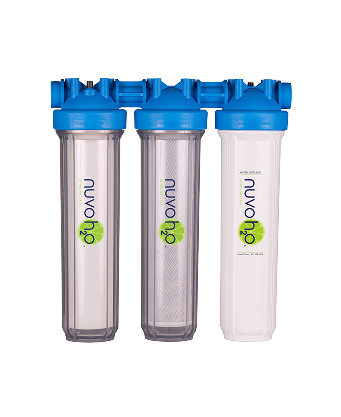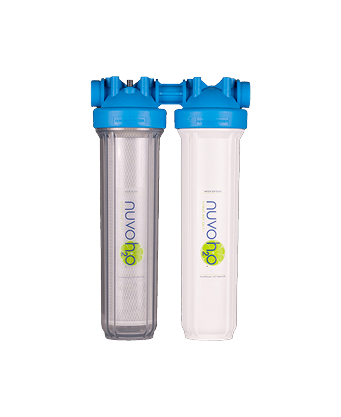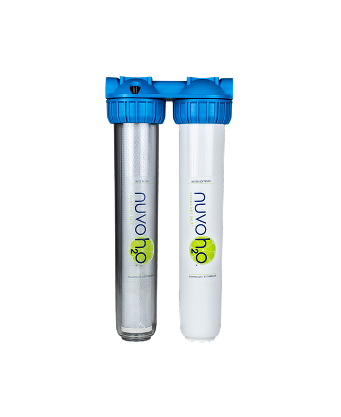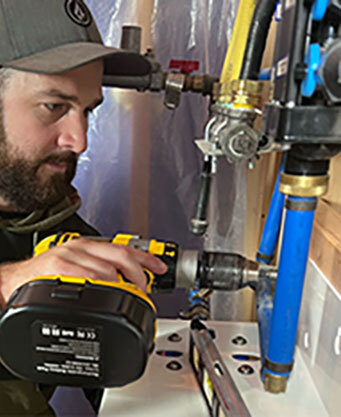
How Does Salt Affect the Environment
Posted by NuvoH2O on 28th Feb 2020
If you live in a colder climate, you most likely appreciate the power of salt, given that this basic compound helps to make roads safer for travel during the winter. In fact, an estimated 20 million tons of sodium chloride is spread across US roadways every year to melt ice and snow. That breaks down to a whopping 123 pounds per person!However, you might not know that this great quantity of road salt poses a threat to the health of the environment — as well as everyone and everything living in it.
NuvoH2O understands the negative impact of excess sodium on an ecosystem. That’s precisely why we developed our salt-free water softener system. Read on to learn a little bit more about how salt affects our environment
Water
All the salt on our wintry roads doesn’t just evaporate once it has done its job. It seeps into the soil, where it can enter groundwater and eventually flow into streams, rivers, and lakes throughout the area.
This quick slideshow video illustrates a few consequences of salt entering a water supply.
It should be mentioned that traditional water softening systems use sodium chloride in the process of ion exchange, which extracts hard water minerals that cause scale to form — but also releases briny (salty) water as a waste product.
Plants
Perhaps the most tangible impact of road salt on the environment can be observed by looking at roadside vegetation. The spray from a salt truck causes trees, grass, and other greenery to turn brown and die. You might have witnessed this happening in your yard or to your garden. By entering the soil through runoff, road salt also keeps new, healthy plants from growing. In fact, salt can completely change the composition of the soil, thereby altering an ecosystem forever.
Infrastructure
While salt makes it easier for cars and trucks to traverse over roads without slipping and sliding, it can also damage those very roads, as well as bridges, decking, and other roadway structures. Salt can eat away at the concrete and lead to the corrosion of metal rods that hold structures together. It can cause vehicles, from cars to trains, to rust and deteriorate.
Animals
You might have seen horses enjoying a “salt lick,” but too much salt can be extremely harmful to animals’ health. It’s particularly toxic to birds. When wildlife consumes high concentrations of sodium chloride, they can become dehydrated, confused, and weak, leaving them vulnerable to collisions with vehicles. Excess salt in the ecosystem can even cause entire species to die off by killing the plants those animals rely on for sustenance.
At NuvoH2O, we care about safeguarding our environment and its inhabitants and want to do our part to keep the world healthy and flourishing for future generations. Our salt-free water softener systems were designed to enhance homeowners’ comfort while keeping harmful excess sodium out of the ecosystem. For more information or to place an order for one of our water softeners, please contact our team today!









